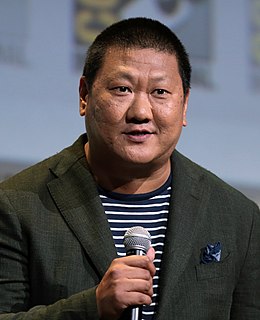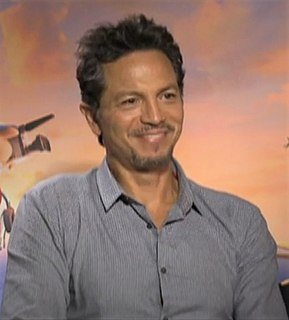A Quote by Antony Johnston
If you do approach a comics publisher, make sure it's one that publishes the kind of book you want to make. Don't take your literary fiction to Marvel or DC; don't pitch your Spider-Man epic to Image.
Related Quotes
Marvel has this tradition, and I think that Sony has this tradition too, of hiring directors for Spider-Man who are dramatic directors. That are directors who are interested in human beings, in characters, in drama, and who are really good with actors. That kind of feels like a Spider-Man director to me. And because Spider-Man is always as big as the films that are being made at Marvel, it always is character and story. You can never take that out.
The dirty little secret about comics is that the wall to getting published is actually not that high. You can publish your own comic. You can have your comic printed by the same people that print Marvel and DC and Image's comics for, I think, it's about $2,000 for a print run. So you can Kickstart it and get your own comic made. It depends on what is considered success to you. So if you need to be published by the Big Two to feel that you've made it, well, you should start working very hard.
No publisher should ever express an opinion on the value of what he publishes. That is a matter entirely for the literary critic to decide. I can quite understand how any ordinary critic would be strongly prejudiced against a work that was accompanied by a premature and unnecessary panegyric from the publisher. A publisher is simply a useful middle-man. It is not for him to anticipate the verdict of criticism.
I wasn't sure what I wanted to do with my life. I always wanted to pursue either music or comics, so when the opportunity came from comics publisher Fantagraphics for my brothers Jaime and Mario and I to make a comic book together, we jumped at the chance: "Let's just do it and see what happens." Really, we weren't sure where we were going to go with it. We thought our work was good enough to be out there, but we didn't know that the response was going to be pretty good, pretty quick.
When you want to attract something into your life, make sure your actions don’t contradict your desires.. Think about what you have asked for, and make sure that your actions are mirroring what you expect to receive, and that they’re not contradicting what you‘ve asked for. Act as if you are receiving it. Do exactly what you would do if you were receiving it today, and take actions in your life to reflect that powerful expectation. Make room to receive your desires, and as you do, you are sending out that powerful signal of expectation.





































